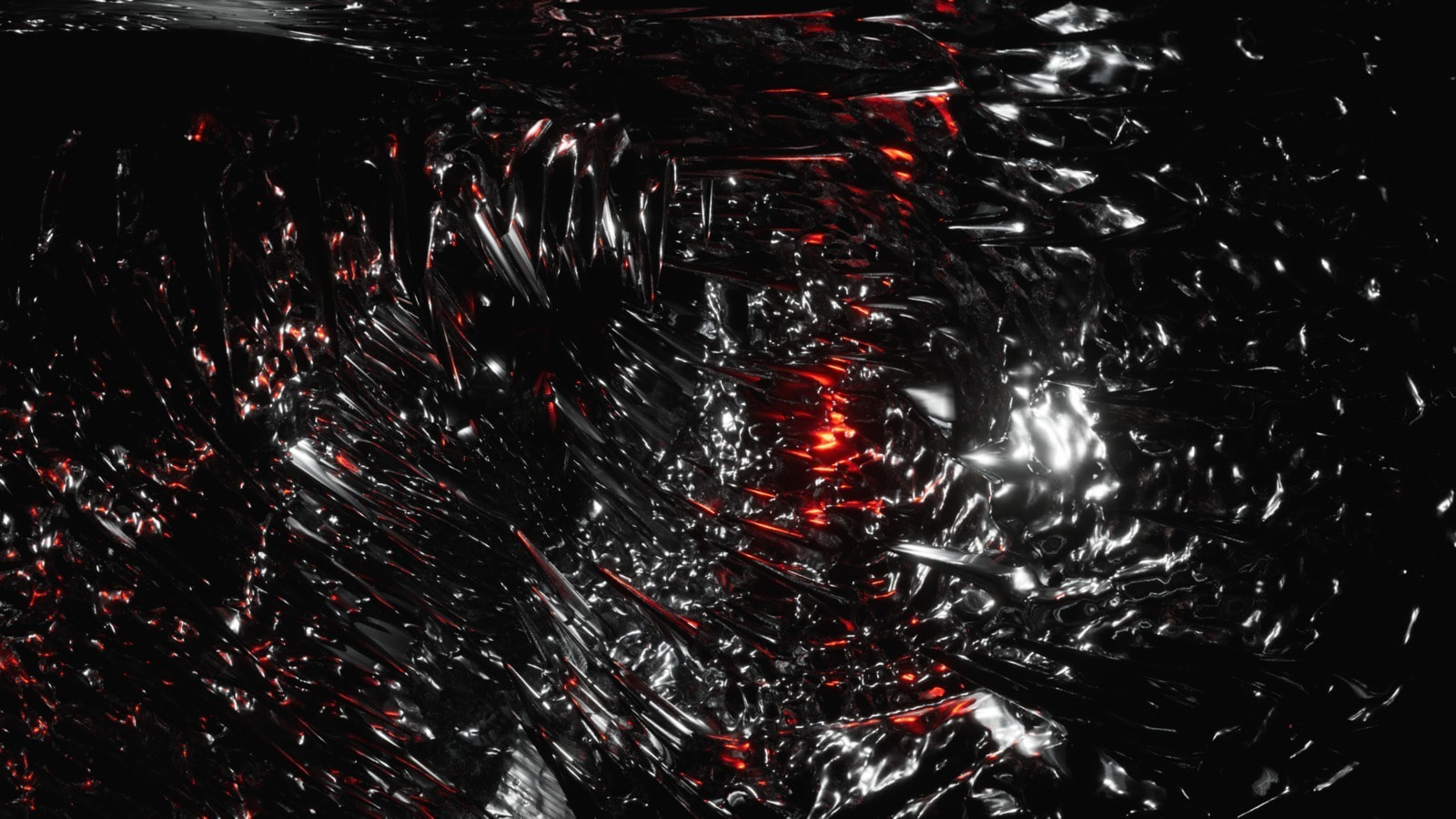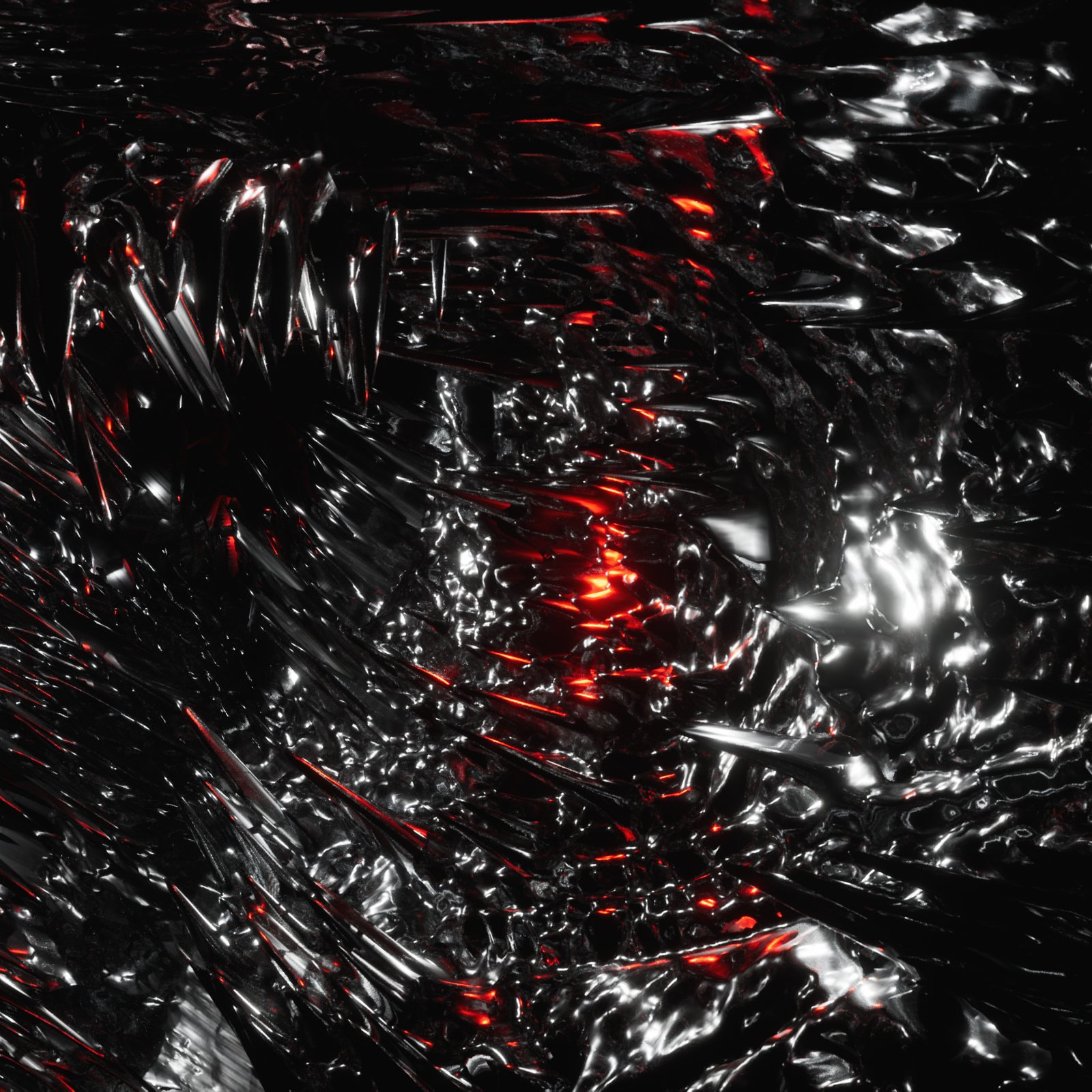Philosopher Eugene Kuchinov will speak about panpsychism in connection with the ideas of the early twentieth-century Russian cosmists Konstantin Tsiolkovsky, Nikolai Fedorov, and the Gordin brothers.
Consciousness is either an illusion, or everything has consciousness and everything senses: this is the fork between eliminativism and panpsychism, one of the key dilemmas of modern thought. If eliminativism is true, then humans are left with nothing but the “truth of extinction” (using Ray Brassier’s terminology) and heroic nihilism. If we admit that panpsychism is true, however, then we all find ourselves in an anxious reality, where “stones pretend to be asleep,” forests think, and technical objects live their own lives.
Russian cosmism insisted (and insists) on the panpsychist ecology of universal sensitivity. During the lecture, Eugene Kuchinov will reveal what it means to be a panpsychist in practice, consider whether panpsychism can withstand criticism from contemporary philosophy and science, and explain the ecological, ethical, and technical connotations of universal sensitivity.
The lecture is devoted to the three panpsychisms, three ecologies, and three ethics of Russian cosmists Konstantin Tsiolkovsky, Nikolai Fedorov, and the Gordin brothers. Tsiolkovsky’s atomistic panpsychism will be criticized and questioned, Fedorov’s projective animism will be literally restored from dust and reanimated, and Wolf and Aba Gordin’s anarchic pantechnicalism will be manifested and (re)invented.
The lecture will be held within the framework of the public program accompanying Tomás Saraceno’s installation Moving Atmospheres.


![Ivan Spicyn. Forms-of-Life [...] Proliferation, 2020. Courtesy of the artist.](https://cdn-ec-static.garagemca.org/storage/image/2/6/2/26269/large_file-0ef8a641-bbfc-4de4-b32a-a4072f5c9d6c.png)